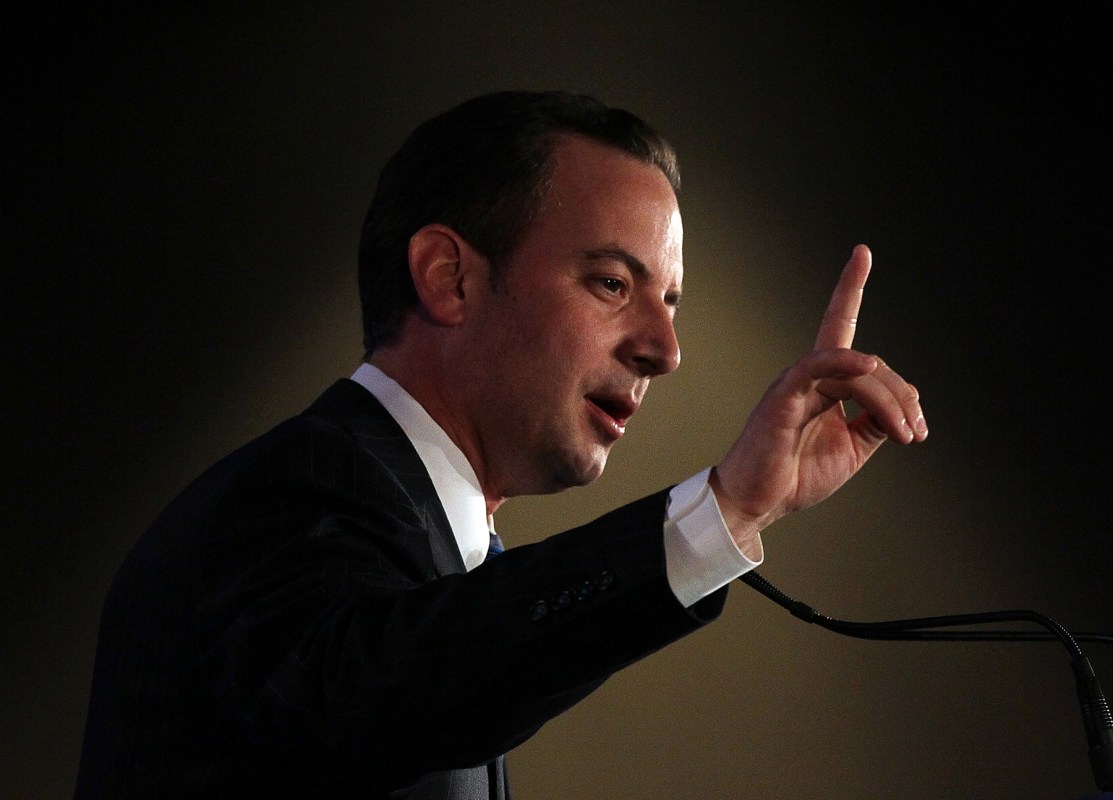Having a good chief of staff could make or break a presidency.
That’s what Peabody Award–winning producer and author Chris Whipple argues in his new book, The Gatekeepers: How the White House Chiefs of Staff Define Every Presidency.
“When government works, it is usually because the chief [of staff] understands the fabric of power, threading the needle where policy and politics converge,” he writes.
Smithsonian Magazine recently sat down with the author to talk about his new book, and RealClearLife has curated some of the most interesting nuggets from his answers:
-Whipple’s book is the Side B to a documentary he produced with filmmaker Jules Naudet for Discovery. Read about it here.
-The concept of a chief of staff (or presidential “confidant”) snakes all the way back to George Washington’s presidency, but the first modern chief of staff was Sherman Adams, Dwight D. Eisenhower’s right-hand man. (Internally, Adams was known as the “Abominable No-man.”)
-The template for today’s more empowered chief of staff was put in place by H.R. Haldeman, President Richard Nixon‘s chief of staff. Whipple says, “Nixon wanted a powerful chief of staff who would create time and space for him to think. It’s a model that presidents have strayed from at their peril ever since.”
-“It’s hard to overstate the importance of the position,” Whipple told Smithsonian. “He’s not only the president’s closest confidant, but the president’s gatekeeper. He’s the honest broker who makes sure every decision is teed up with information and only the tough decisions get into the oval office.”
-When presidents stray from the tried-and-true chief of staff template, they usually pay the price, says Whipple. Jimmy Carter’s presidency is an example. Also, Bill Clinton’s, prior to Leon Panetta.
-Ronald Reagan was exceptionally smart when it came to his choice. Says Whipple: “Reagan understood something (his predecessor) Carter did not. An outsider president needs a consummate insider to get things done….He knew he needed somebody who could really get his agenda done, who knew Capitol Hill and how the White House worked. And James Baker was a 50-year-old smooth-as-silk Texas lawyer who wasn’t afraid to walk into the Oval Office and tell Reagan what he didn’t want to hear.”
-There has yet to be a single female chief of staff, but Whipple thinks “there definitely will be.”
-Reince Priebus, the current chief of staff, has a particularly hard row to hoe, it appears. “If [Trump] heeds the obvious lessons of recent presidential history he will realize that he has to empower a White House chief of staff as first among equals if he wants to be able to govern.”
This article appeared in an InsideHook newsletter. Sign up for free to get more on travel, wellness, style, drinking, and culture.
























